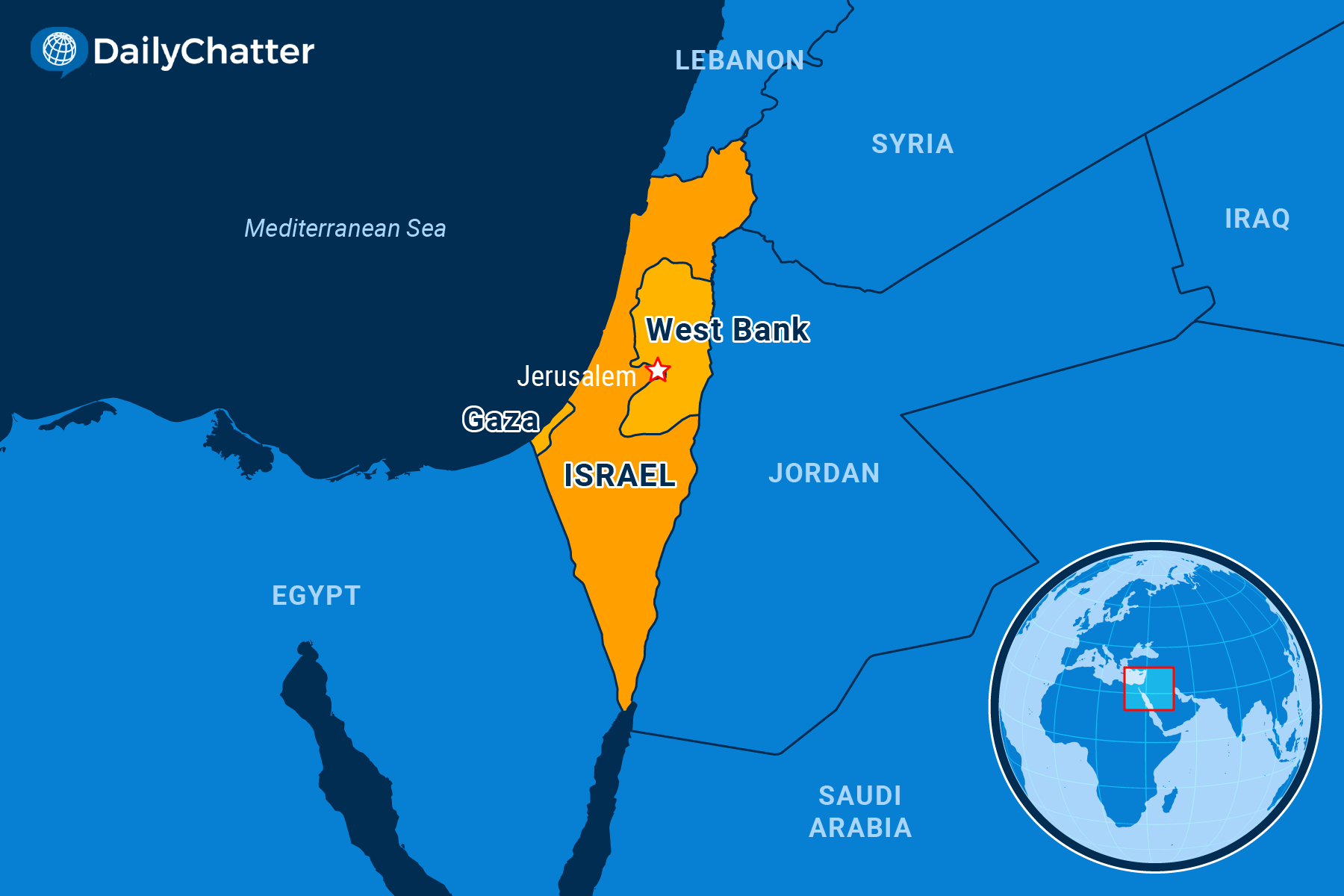Tinted Lenses

Bombs and bullets are flying in the Gaza Strip even as both sides mull a ceasefire deal. Even so, the battles over hearts and minds are just as intense.
As a result, what Israelis see is a very different war than is broadcast to the rest of the world, according to the Wall Street Journal.
Israeli television, for example, covers the bloodshed on a daily basis as Israeli forces have pounded Gaza to destroy Hamas, the Palestinian group that perpetrated the deadly Oct. 7 attacks on Israel. The coverage, however, rarely covers the human suffering in the tiny region of the Mediterranean that has been described as an open-air prison.
“There is virtually no footage of dead Palestinians and only some scenes of the destruction,” wrote the newspaper. “Many Israeli Jews, who usually consume news in Hebrew, also say they rarely come across explicit footage of Gaza on their smartphones, though they are aware there has been widespread destruction and a high death toll.”
When Palestinians are covered, like when an Israeli air strike killed 35 in the southern Gazan city of Rafah recently, right-wing Israeli media dehumanizes them, reported the left-leaning Haaretz, comparing the fiery carnage to the traditional bonfires that many Israelis light on the Jewish holiday of Lag Ba’Omer.
In this environment, the reality on the ground is difficult to discern – unless government officials want the public to see their version of it. At the behest of the Israeli government, for example, Israeli courts have been increasingly issuing gag orders to prevent the press and others from exposing the government’s embarrassing or compromising policies, as this Reuters Institute for the Study of Journalism at Oxford University explained.
The suppression is not always legal, however. One Haaretz reporter recently complained that “unnamed senior security officials” threatened him if he reported on a former Mossad official who allegedly tried to intimidate a prosecutor at the International Criminal Court, according to the Guardian. The court is now considering war crime charges against Israel.
At other times, the censorship is overtly political. The Israeli government shut down Al Jazeera because the news outlet is deemed to be a threat to national security under a new law, reported the New York Times. Al Jazeera is a private media outlet funded partly by the Qatari government and is even a main source of news for Israeli officials such as right-wing justice minister Yariv Levin, Israel Hayom reported. Bahrain, Egypt, Saudi Arabia, Jordan, and the United Arab Emirates – all autocratic countries – have also shut down local offices or banned the organization, the Associated Press noted.
That same law has been used to threaten Israeli journalists and confiscate the broadcasting equipment of the Associated Press.
Now, Israeli legislator Zvi Sukkot wants to propose amending the law that banned Al Jazeera to include imprisonment for anyone helping such channels to broadcast which include journalists, service providers and sources, the Israeli media-focused magazine The Seventh Eye, reported.
Israeli journalists say the selective programming reflects the mood in the country – there is no appetite for anything but pro-war programming.
Officials meanwhile point out how Al Jazeera has shown very little on the Oct. 7 attacks, leading most in the Palestinian enclave to doubt the veracity of the massacres on that day.
Critics of Israel, however, say these moves to sanitize the coverage reflect the mindset of an authoritarian government that acts with impunity.
But supporters of Israel say it has unfortunately contributed to the development of a situation in which many Israelis feel isolated and misunderstood by most of the rest of the world in the wake of the attacks, especially with the International Criminal Court case of genocide against Israel, the global protests against the war and condemnation of the humanitarian crisis in Gaza.
“We are slowly becoming outcasts, and that is a very difficult feeling,” Amit Schwartz, a tech employee in Tel Aviv told the Christian Science Monitor.
“I really disagree with the opinion that we are committing genocide,” he said, adding that many in the West are “disconnected from reality.” “I feel frustration that there is such misunderstanding about the situation here. Islamic extremists are trying to take over, and Israel is fighting this.”

Subscribe today and GlobalPost will be in your inbox the next weekday morning
Join us today and pay only $32.95 for an annual subscription, or less than $3 a month for our unique insights into crucial developments on the world stage. It’s by far the best investment you can make to expand your knowledge of the world.
And you get a free two-week trial with no obligation to continue.
